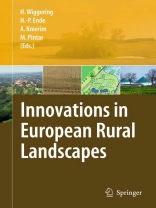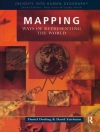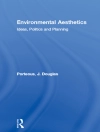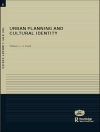Rural regions in Europe are evolving under powerful boundary conditions such as globalisation, socio-cultural transformations and climate change, which in turn increases natural hazards. The regional land use and the evolvement of landscapes is increasingly shaped trends and drivers like infrastructural, energy or housing needs, globalised agricultural markets, and consumption habits. To face these challenges and to balance competitiveness with social cohesion, the ‘Inno Land research and development network’ induces and accompanies promising land use innovations at the landscape scale in 10 European rural regions. Based on a common conceptual approach among the Inno Land partners, the development and implementation of new competitive strategies is conducted as a science-practice dialogue with strong commitment to the regional policy design for rural development. With this book, the network partners provide an overview and a comparative analysis of selected experimental regional approaches and give examples for the successful tackling of future opportunities and threats.
表中的内容
Editorial.- The Inno Land approach – experimental research and action in Europe’s rural regions.- The Inno Land regions – a comparative description.- Goriška Brda (Slovenia) – sustainable natural resource management for the prosperity of a rural area.- The changing role of farming in a peripheric South European area – the challenge of the landscape amenities demand.- Problems in agricultural landscape management arising from conflicts of interest – a study in the Trnava Region, Slovak Republic.- Harmonization of agricultural intensification with long-term ecological integrity in Croatia.- Zero emissions region north-eastern Brandenburg – between climate adaptation and challenges for innovative land use.- Regional and regionalised approaches to changing ruralities – Orkney Islands and Scottish Borders.- Epilogue.












